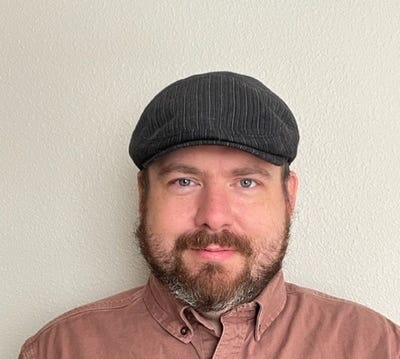
Pheast partners with Lonza to produce cancer-gobbling CD24 drugPheast partners with Lonza to produce cancer-gobbling CD24 drug
Pheast Therapeutics intends to file its first investigational new drug (IND) application before the end of 2024 and move into its first clinical trial program shortly thereafter.

The company has partnered with contract development and manufacturing organization (CDMO) Lonza to manufacture its drug substance (DS) and drug product (DP), with the cell-line development and DS work done in Visp and the DP work done in Basel, both in Switzerland.
That partnership has enabled Pheast to attain the supply needed of its lead drug candidate, PHST001, for first-in-human clinical trials. The drug was developed as a therapeutic against cluster of cell differentiation (CD) 24, a known “don’t eat me” signal that is highly expressed in ovarian and breast cancers.
Pheast’s 2021 founding followed extensive research done by Amira Barkal, principal founder of Pheast, in the academic laboratory of Irving Weissman at Stanford University. Barkal worked toward gaining a better understanding of macrophages, building upon the lab’s historical work in the field.
Roy Maute, CEO and cofounder of Pheast, spoke with BioProcess Insider about the company’s origins. “[Barkal] took some of those same ideas and techniques and really ran with them, identifying CD24 as a novel target for macrophage regulation that could have a lot of relevance in certain types of cancers.”
After publishing her work, Barkal decided to start a company to develop the therapeutic against CD24 – leading to the development of PHST001. She now also serves as chief development officer of the company.
CD24 is similar to the widely studied CD47, which blocks phagocytosis and is found on both healthy and malignant cells. “CD24 is a more specialized ‘don’t eat me’ signal,” Maute said. “As we’ve studied it, we’ve come to understand it as something that’s a bit more context dependent and dynamic than CD47.”
“Whereas CD47 is sort of this ubiquitous baseline signal that macrophages are looking for, CD24 is more narrowly expressed by a subset of tissues, and it’s upregulation on cancers where it’s present is much more dramatic than on CD47,” he said. “When we block [CD24], we get a much more potent effect than one can achieve by blocking CD47.”
He added that CD24 is unlike many of the immunoreceptors that have garnered attention throughout the industry. “It’s a small, unstructured peptide, and it’s very heavily glycosylated.” That glycosylation is dynamic and can differ among cell types. “That means that there is very little real estate for an antibody therapeutic to bind to in a way that is specific to that target.”
The team took a broad approach to the discovery process, which included research on animal immunizations, wild-type mouse hosts, and humanized mice. That ultimately led to a clone that met the team’s needs. “Now that we’re well into the phase of understanding the biology of what happens when you put in this drug and block this target, in some cases we can rely on the field’s knowledge of these ‘don’t eat me’ signals – the work that’s been done on CD47 in academic labs and in the clinic. But at the same time we’ve discovered many things that make CD24 a bit different.”
As the company progresses through clinical trials, Maute said it is looking to CD47 programs to guide the team’s scaling expectations as development evolves down the clinical road. But even that research has its limits. “As a new target, we don’t really know what will be required from a dosing perspective to get to efficacious doses.”
“We worked really hard at the protein engineering stage,” he emphasized. “As we were optimizing, we identified our favorite clone family of antibodies that had the functional characteristics that we wanted. From there, we took the appropriate amount of time to develop variants that were robustly humanized, well-behaved biochemically, well expressed, and tolerant to what we anticipate for upstream and downstream manufacturing processes. Having gone through all that and working with Lonza to plug that into their platform systems, we have an antibody that is tremendously well expressed.”
“We’re well situated to scale to meet whatever the clinical demands will be.”
About the Author
You May Also Like








